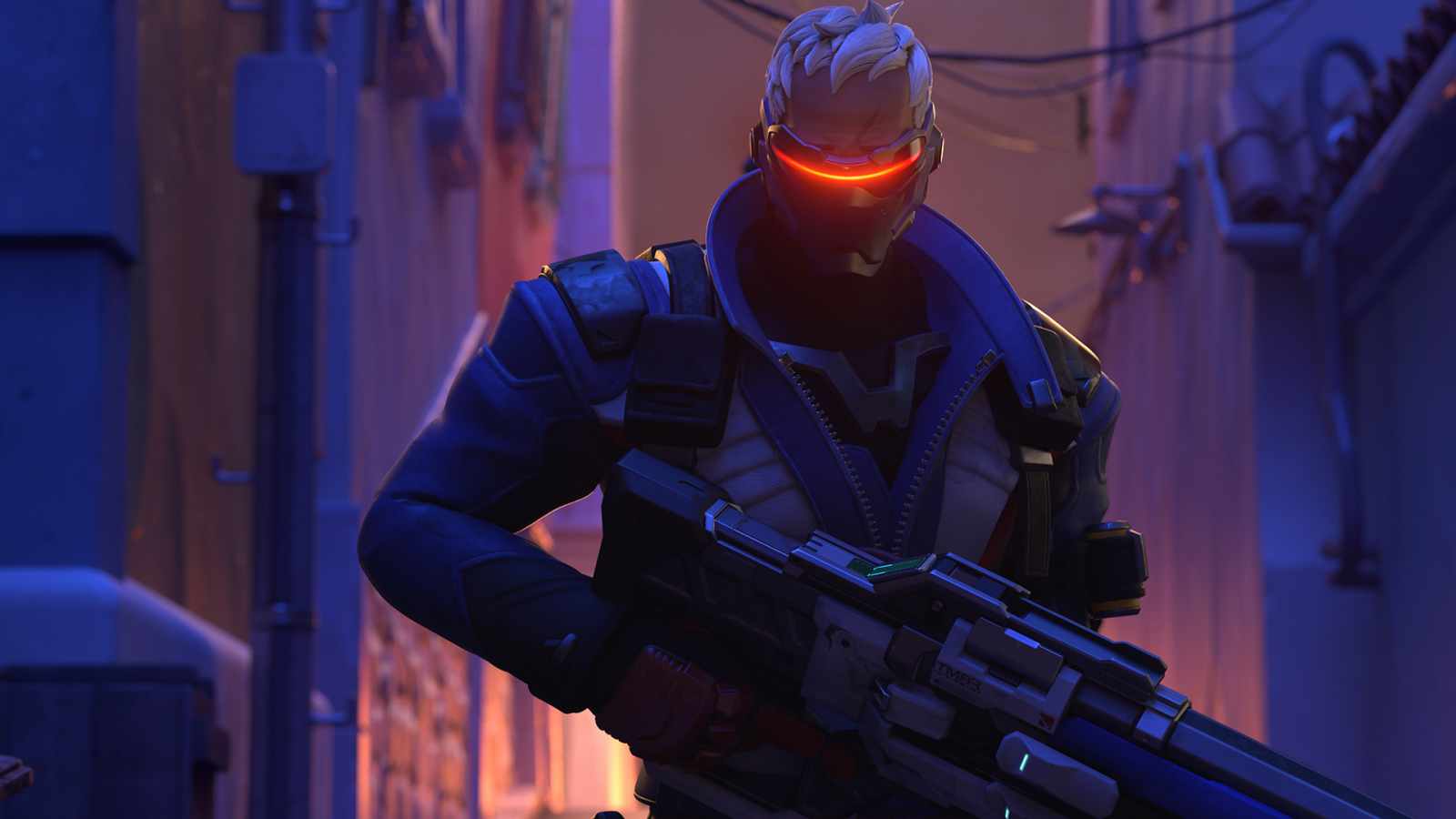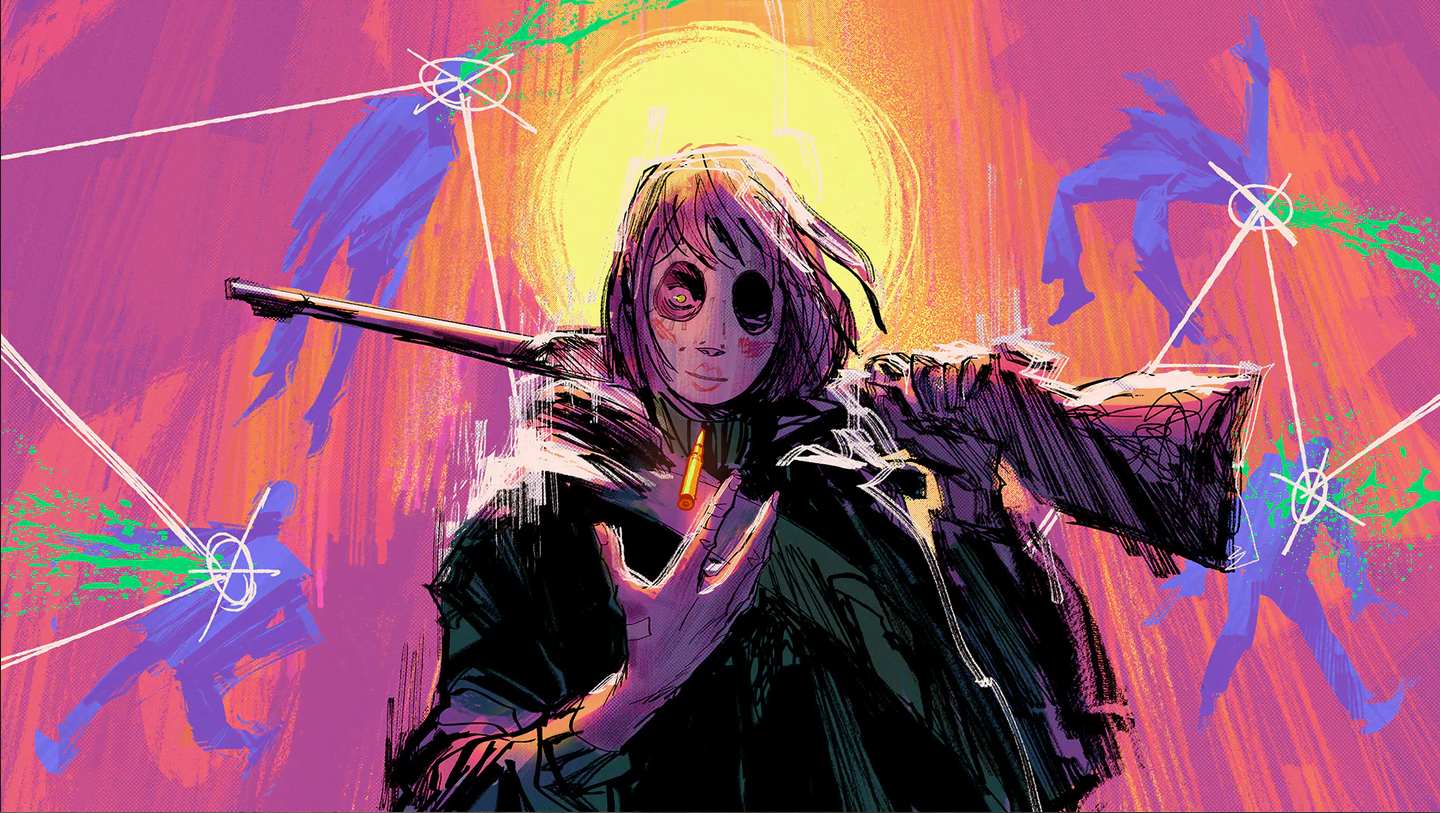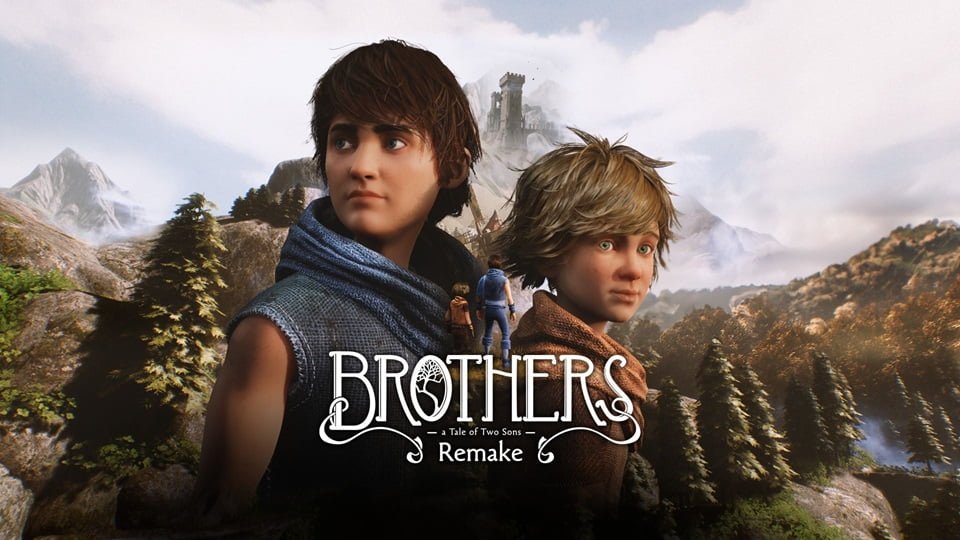Making the transition from playing fighting games at home with your friends or only online into your local fighting scene can be extremely intimidating. I made the transition myself back in 2009, and I could easily say the first day I stepped into Super Arcade‘s Wednesday Night Fights, a weekly gathering of fighting game players in Southern California, was indeed scary. But ultimately, it was one of the best decision I’ve could’ve made in my competitive gaming career. Whether you’ve already decided to make this move to the competitive scene or are still on the fence, here’s a few basic things you should consider and plan for before you begin your fighting game legacy.

Where to go: First off, you need to know where your local scene is right? There are two quick places you can go to find other people who play fighting games in your area. Check to see if there are any local arcades or game lounges near you that have fighting games. With the recent insurgence of popularity for fighting games, there’s a good chance there’s something nearby you! Give the business owners a call and ask if they run tournaments, have weekly casual events, or even if there are good days to stop by to find other people to play fighting games with.
The second great place to go is the regional matchmaking forums on at Shoryuken, which is one of the most popular and visited sites amongst fighting game fans and players. The regional matchmaking section is where people go to post their local events for the public. You’ll find a good variety of casual events posted by players all around the world. Even if you think there’s nothing going on in your area, trust me, you might be surprised with what you find there!

Equipment: One thing a lot of new players forget is that not all tournaments play on your home system! Depending on the game and tournament venue, you’ll be playing on either Playstation 3 or Xbox 360. There’s no official standard for most games, so there’s a chance you might not have the right controller for the tournament you’re planning to sign up for, even though there are exceptions like the Tekken and Mortal Kombat communities that almost universally prefer the PS3 at their events. Thankfully there’s something out there to help you get over your controller conundrum in the form of converters. Most converters range from about $5-20, depending on the model and conversion capabilities. There are a lot of different devices in the market, like converters that switch between PS2 to PS3, PS3 to Xbox 360, Xbox 360 to PS3, and almost anything in between, even the Dreamcast and Wii. Do some research and find out which kind of converter you’re going to need. Even if your local tournament uses your controller, there’s a chance you may want to go to a large event that doesn’t!
Speaking of controllers, as you progress further into your fighting game career you may want to consider changing over to a fight stick for competitions. It can be a bit frustrating at first -it took me over a month to fully get used to it – but almost all fighting games are designed around a traditional arcade setting: a joystick and 6 buttons. Inputs are almost always easier to do and feel much more natural on a stick. Not to mention the fact that there’s a new trend of dual modded sticks on the market, which work perfectly on both PS3 and Xbox 360. These come from brands like Madcatz, EightArc and Hori. in a wide variety of styles, colors, and sizes. On average, a fight stick can go for up to 120 USD, which is the standard price for higher end models. That’s definitely an investment worth taking if you plan on making the transition to the competitive scene. In case you get stuck during the switch, you can also find a great variety of helpful guides on the internet to help you move from a pad to a stick.

If you want to stay with a pad though, don’t be discouraged! Some of the best players in the world play on pad, so it’s not necessarily a bad choice.
Everyone is there to get better: The final thing to keep in mind when you go to your local event is that everyone is there to learn and get better. You might feel nervous going in, but introduce yourself, ask questions, and never miss the opportunity to learn something new. The fighting game community has some of the best and most helpful people around. Nobody will refuse to give you some advice on how to improve as long as you come into the arcade with the right attitude. Trust me, we’ve all been there!
Get in there and start competing! You’ll be glad you did!
________________________________________________________________
Christian Cain, known in the community as “ETR”, is a competitive fighting game player and self-proclaimed “hype machine”, who’s been to and played in several traditional fighting game tournaments like Evolution and Final Round. He’s now going face up to a new challenge – writing about the competitive scene and the fighting game community in a regular series of articles to help shine some light and bring in newcomers into this rapidly growing and evolving videogame sensation.




